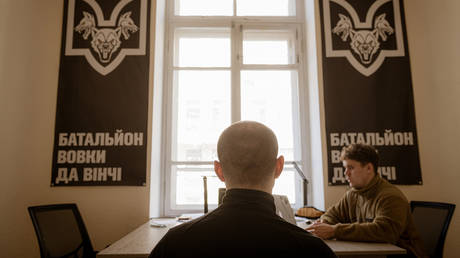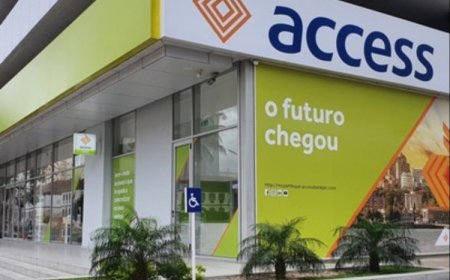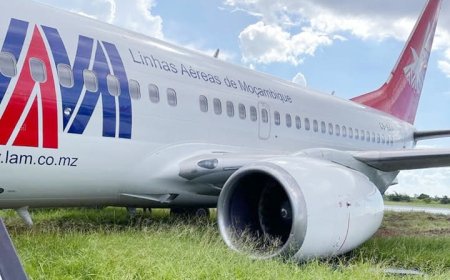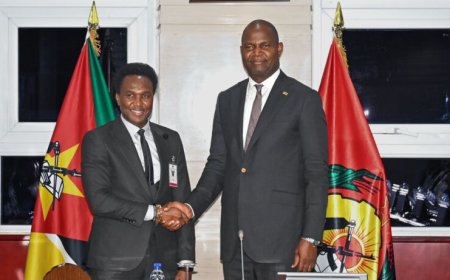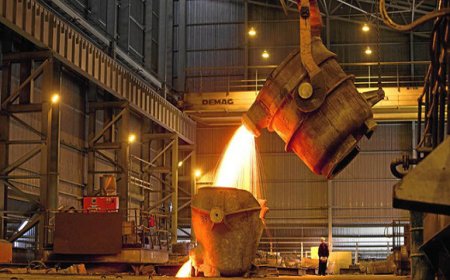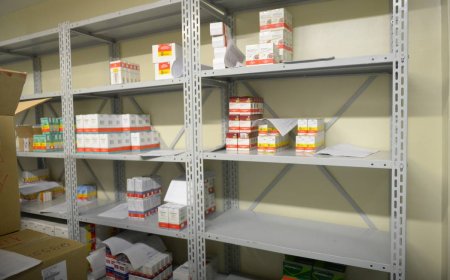Kagame's cunning and Nyusi's innocence: An analysis of the different approaches to leadership
The "secret" agreement between Paul Kagame, President of Rwanda, and Filipe Nyusi, President of Mozambique, which culminated in the deployment of the Rwandan army on Mozambican soil, remains shrouded in mystery.
However, it is evident that the primary beneficiary is Paul Kagame, whose astuteness and strategic vision have steered Rwanda towards robust development and a prominent regional position.
In contrast, Filipe Nyusi appears to lack a clear foreign policy and an effective development strategy, starkly contrasting with Kagame's approach.
The Africa-Korea summit: Contrasting agendas
Recently, a Korean delegation arrived in Rwanda to finalize agreements with the local government from the Africa-Korea Summit in June. At this summit, attended by over 30 African presidents, including Filipe Nyusi, most leaders arrived without a concrete agenda. Paul Kagame, however, stood out for his clarity of purpose.
While other heads of state, including Nyusi, engaged in protocol meetings, Kagame had a well-defined plan. On June 5th, he visited Yonsei University, where he met with President and CEO Ki Chang Keum and Director Yong-beom Park. This visit was crucial for strengthening the partnership between Rwanda and the university, focusing on education and health.
At the university, Kagame signed a Memorandum of Understanding to promote collaboration in academic research, exchange programs, and joint healthcare projects. This agreement represents a commitment to elevate Rwanda's educational and healthcare standards to levels comparable to those in Korea.
Investment in health and education
During the visit, Kagame expressed interest in Yonsei University's Heavy Ion Therapy Center, a cutting-edge cancer treatment facility. This initiative could pave the way for future collaborations in medical research and assistance in Rwanda, further bolstering the country's healthcare infrastructure.
In contrast, Filipe Nyusi returned from Seoul with a one billion dollar loan, potentially increasing Mozambique's already alarming public debt. This financial burden could limit the options for Mozambique's next president, elected on October 9th, and force the country to seek healthcare technology from Rwanda, an opportunity that could have been capitalized on in Seoul.
Development of Rwanda and Mozambique over the last 10 years
Rwanda has shown impressive economic growth over the past decade, with an average annual growth rate of 7.5%. According to the World Bank and the African Development Bank, GDP per capita has more than doubled, from $404 to $818. The country has also significantly reduced its poverty rate, lifting over one million people out of poverty since 2005. These achievements are attributed to institutional reforms, infrastructure investments, and policies aimed at improving human capital.
On the other hand, Mozambique has faced considerable challenges. According to the International Monetary Fund (IMF) and the World Bank, the country has been severely affected by political and economic crises, exacerbated by the insurgency in Cabo Delgado and natural disasters like cyclones.
Although economic growth has been modest, averaging about 4% annually in recent years, Mozambique struggles with high public debt and a healthcare and education infrastructure that needs significant improvements. In 2022, Mozambique's GDP per capita was approximately $490, significantly lower than Rwanda's.
Contrasting leadership approaches
The difference in the approaches of the two leaders is evident. While Kagame focuses on concrete, long-term initiatives that directly benefit his country, Nyusi seems stuck with short-term solutions that increase Mozambique's financial burdens. Nyusi's visit to South Korea resulted only in increased debt, without a clear vision for sustainable development.
Paul Kagame's astuteness and ability to navigate the complex waters of international diplomacy contrast sharply with Filipe Nyusi's apparent lack of strategic direction. This divergence underscores the varying levels of success and challenges faced by Rwanda and Mozambique in their respective paths to development.







